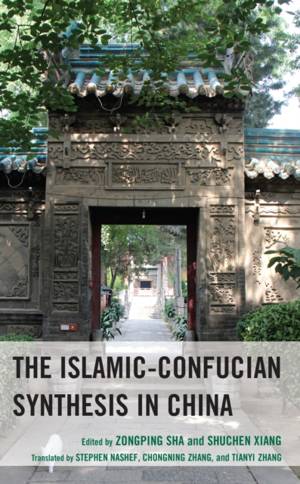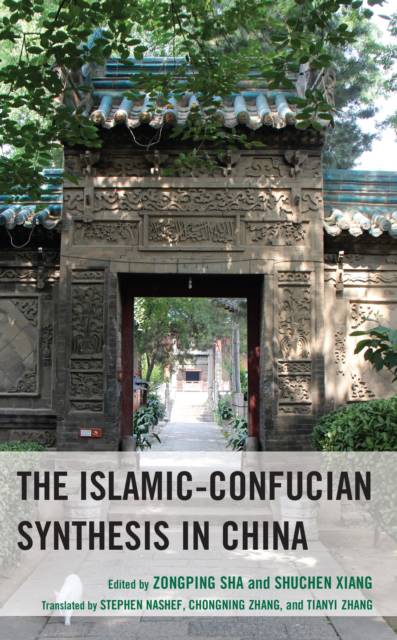
- Afhalen na 1 uur in een winkel met voorraad
- Gratis thuislevering in België vanaf € 30
- Ruim aanbod met 7 miljoen producten
- Afhalen na 1 uur in een winkel met voorraad
- Gratis thuislevering in België vanaf € 30
- Ruim aanbod met 7 miljoen producten
Zoeken
The Islamic-Confucian Synthesis in China
Hardcover | Engels
€ 137,45
+ 274 punten
Omschrijving
The presence and history of Islam in China is not well-known. Since its arrival into China during the Tang dynasty (618-907 CE), Islam and its traditions have become an inextricable part of the fabric of the Chinese tradition. By the time of the Ming dynasty (1368-1644 CE), Chinese Islam had evolved its own indigenous identity and, by the seventeenth century, specifically Chinese formulations of Islamic teachings began to emerge. This edited volume presents the most authoritative contemporary scholarship on the topic of the Islam-Confucian synthesis in China. It introduces to an international audience the hybridization of traditions throughout the millennia of Chinese history. The experience of the Islamic-Confucian synthesis is a historical example of cross-cultural thinking and mutual borrowing. It testifies to the fact that there is no incommensurability between cultures that cannot ultimately be accommodated. In this accommodation is the potential for mutual and creative growth, novelty, cultural renaissance, and the flourishing of the human spirit.
Specificaties
Betrokkenen
- Vertaler(s):
- Uitgeverij:
Inhoud
- Aantal bladzijden:
- 136
- Taal:
- Engels
Eigenschappen
- Productcode (EAN):
- 9781666913361
- Verschijningsdatum:
- 25/04/2023
- Uitvoering:
- Hardcover
- Formaat:
- Genaaid
- Afmetingen:
- 152 mm x 229 mm
- Gewicht:
- 371 g

Alleen bij Standaard Boekhandel
+ 274 punten op je klantenkaart van Standaard Boekhandel
Beoordelingen
We publiceren alleen reviews die voldoen aan de voorwaarden voor reviews. Bekijk onze voorwaarden voor reviews.










